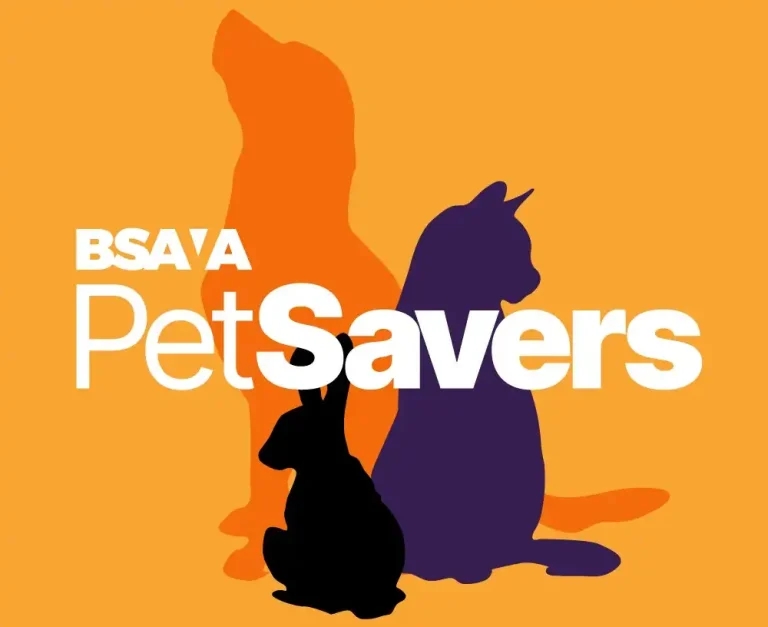6 Nov 2025
The funding will be split between eight research projects hoping to advance understanding of the causes or management of a range of canine clinical disorders.

A veterinary research charity has announced almost £110,000 of funding has been awarded to eight clinical research projects.
BSAVA PetSavers’ grants awarding committee will split the funds between universities and vet practices working to advance understanding of clinical disorders in companion animals.
The round of funding supports projects, which are expected to be completed by 2028, spanning areas including microbiology, innovative diagnostics and genetics.
Among the projects are an attempt to identify genetic risk factors for glaucoma in Welsh springer spaniels by the University of Cambridge and work by the RVC to combat antifungal drug resistance in canine Malassezia pachydermatis.
University of Glasgow researchers are exploring the use of saliva as a non-invasive monitoring tool for canine epilepsy, and in a project jointly funded by the British Veterinary Neurology Society they are also testing the efficacy of AI in detecting tonic-clonic seizures.
Meanwhile, counterparts at the University of Edinburgh are examining links between the gut microbiome and autoimmune disease in dogs.
The Small Animal Medicine Society has jointly funded AURA Veterinary and University of Surrey researchers’ work to develop a minimally invasive diagnostic tool for prostatic carcinoma in dogs by investigating small-RNA sequencing profiles.
The Veterinary Cardiovascular Society has jointly funded two projects, one using micro-CT to determine the prevalence of congenital heart disease in unexplained deaths of neonatal puppies at Bristol Vet Specialists and the University of Cambridge, and the other examining acute phase protein concentrations in canine pericardial effusions at Willows Veterinary Referral Centre.
BSAVA PetSavers fundraising and grants awarding manager, Sarah Williams, said: “The applications were of a very high standard in this grant call, so our grants committee had some tough decisions to make, but we’re delighted to award funding to these new projects and look forward to the impact they will have on companion animal medicine.”
The charity says it has awarded more than £2.7 million in grant funding to more than 300 research projects since 1974.